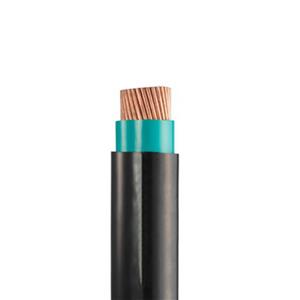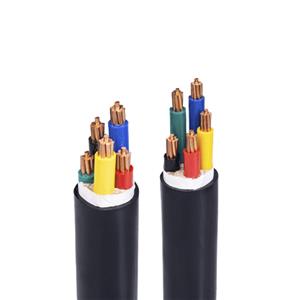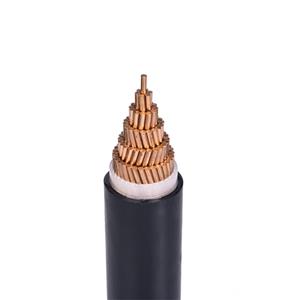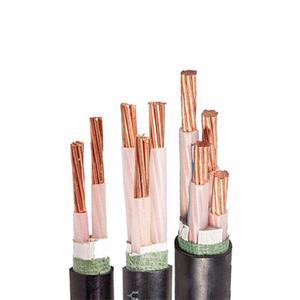What are the advantages of aluminum alloy cable
In the huge network of power transmission, cables bear the heavy responsibility of transmitting electric energy. Copper cables have always occupied an important position in the cable market with their good conductivity and stability. In recent years, aluminum alloy cables have emerged as a new force, breaking into the public's vision with a rapid momentum, and becoming a shining new star in the field of power transmission. Today, let's follow the cable manufacturers to explore the secrets of aluminum alloy cables in depth.
In terms of cost, aluminum alloy cables can be called a "cost-effective blade" that can accurately hit the demand pain points of many engineering projects. From the perspective of material cost, aluminum alloy is more affordable than copper. For some large-scale engineering projects, the reduction in material costs is considerable.
In addition to material costs, aluminum alloy cables also show obvious advantages in transportation and installation costs. Since the density of aluminum alloy cables is about 1/3 of that of copper, they are lighter, which makes the transportation process easier and more convenient, and the transportation cost is greatly reduced. In the installation process, the advantage of light weight also reduces both the construction difficulty and construction cost.
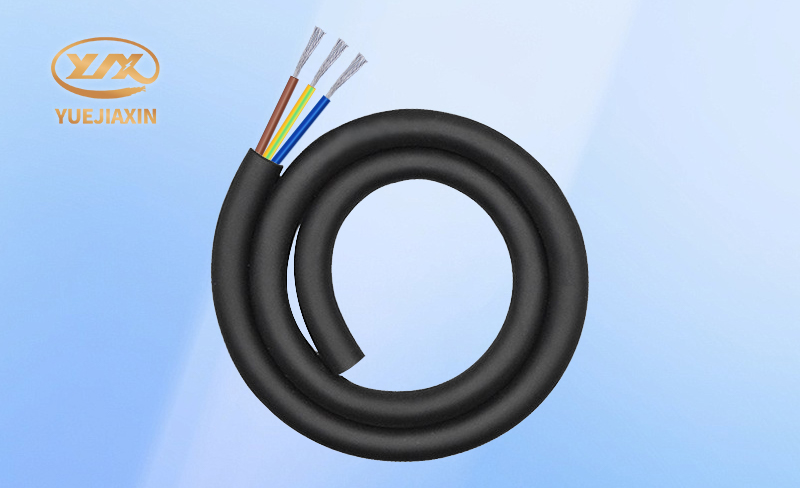
The key to why aluminum alloy cables stand out among many cable products is their excellent performance. The mechanical properties of aluminum alloy cables are excellent. Its tensile strength is greatly improved compared to pure aluminum conductors, and it can withstand greater tension. In some large-scale construction projects, cables need to be laid vertically for a long distance, and aluminum alloy cables can easily cope with it with their excellent tensile strength.
Not only that, the flexibility of aluminum alloy cables is also excellent. Its unique alloy formula and processing technology give it good bending performance. This advantage is particularly evident in complex wiring scenarios. For example, inside a building, the cable needs to be passed through various narrow pipes and bridges. Aluminum alloy cables can be easily bent and the wiring work is completed smoothly, greatly improving construction efficiency. In terms of electrical performance, aluminum alloy cables also have excellent performance. Although its conductivity is about 61.8% of copper cables and its current carrying capacity is 79% of copper, which is slightly inferior to copper cables, it can fully meet the needs of most power transmission scenarios through reasonable design and optimization. Reduce the economic losses and production interruption risks caused by the frequent replacement of cables due to cable corrosion.
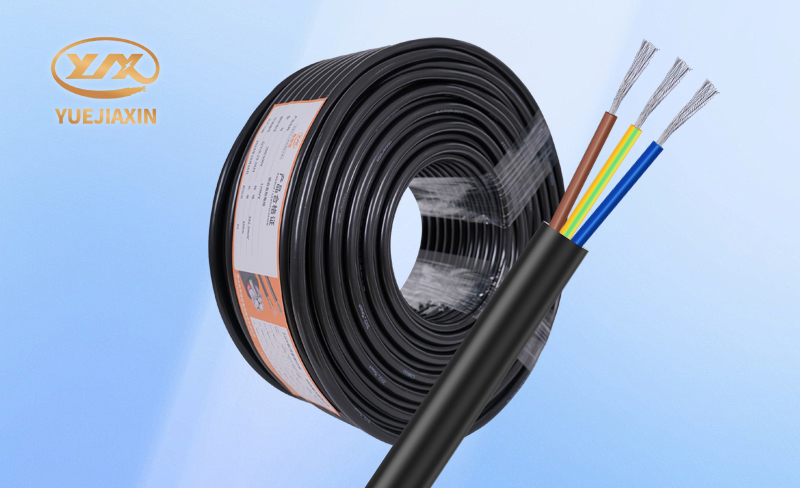
Aluminum alloy cables have shown strong competitiveness and unlimited potential in the power transmission market due to their cost advantages, excellent performance, easy installation and wide application fields. With the continuous advancement and innovation of technology, the performance of aluminum alloy cables will be further improved and their application scope will continue to expand. In the future, with the vigorous development of the new energy industry and the continuous advancement of smart grid construction, aluminum alloy cables are expected to play an important role in more fields and inject new vitality into the development of power transmission.
- PVC-Insulated Cable
- 450/750V BV Single- Core Cu/PVC Cable
- 450/750V BVR Single- Core Cu/PVC Cable
- 300/500V Or 450/750V RV Single-Core Cu/PVC Flexible Cable
- 300/500V Or 450/750V RVV Multi-Core Cu/PVC/PVC Flexible Black Cable
- 300/500V Or 450/750V RVV Multi-Core Cu/PVC/PVC Flexible White Cable
- 300/500V Or 450/750V RVVP Multi-Core Cu/PVC/CWS/PVC Screened Flexible Cable
- 450/750V KVV Multi-Core Cu/PVC/PVC Control Cable
- 450/750V KVV22 Multi-Core Cu/PVC/STA/PVC Armoured Control Cable
- 450/750V KVVP Multi-Core Cu/PVC/CWS/PVC Screened Control Cable
- 450/750V KVVP2-22 Multi-Core Cu/PVC/CTS/STA/PVC Screened Armoured Control Cable
- 0.6/1KV PVC-Insulated PVC-sheathed Single-Core Power Cable
- 0.6/1KV PVC-Insulated PVC-sheathed Multi-Core Power Cable

